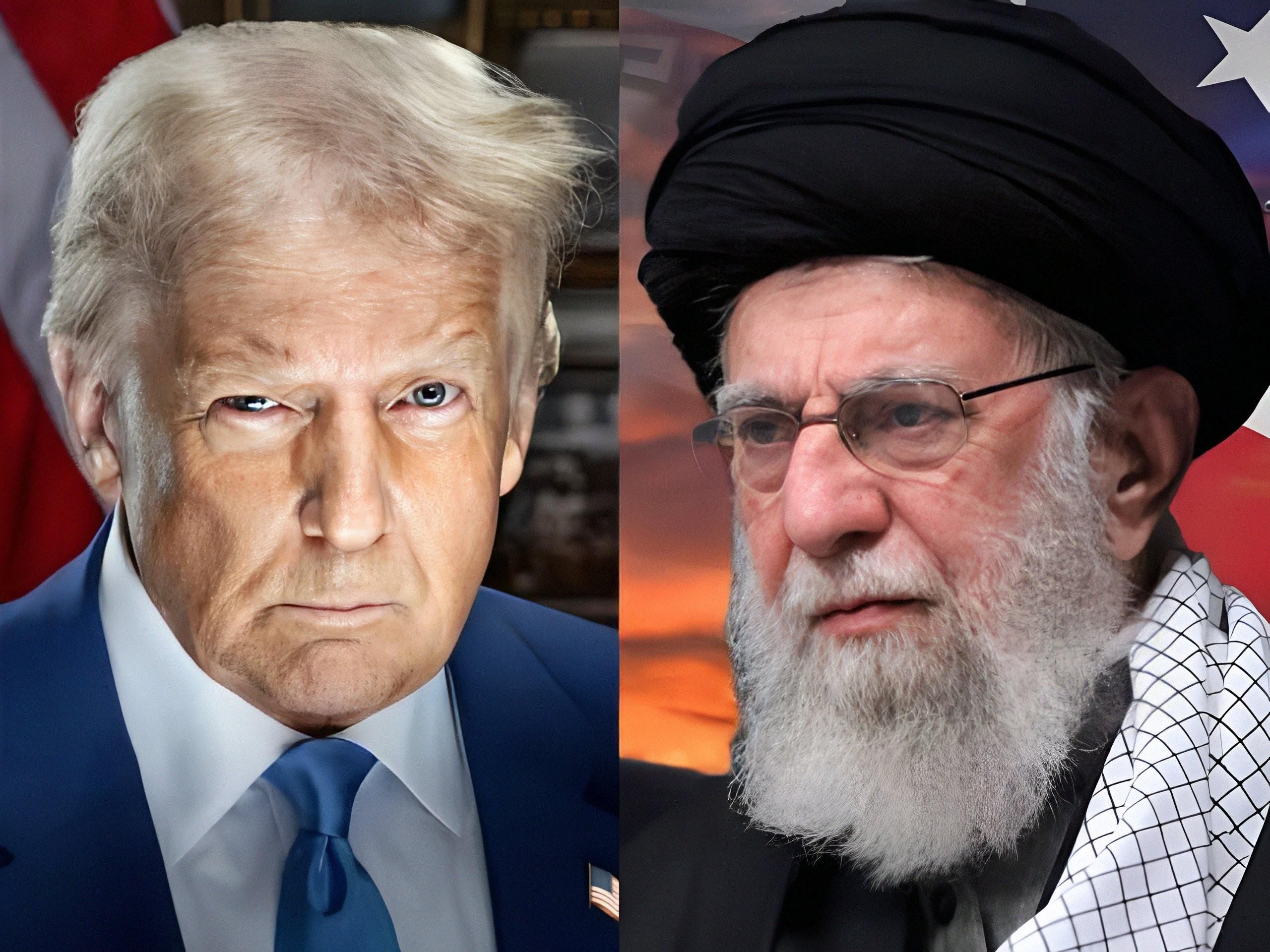IRAN: "ONE BOMB MIGHT GO IN TO PAVE THE WAY FOR A SECOND BOMB TO GO IN TO DESTROY IT"- COL FAINT

Israel's ongoing military campaign against Iran's nuclear infrastructure has sparked discussions about whether the United States might deploy its most powerful bunker-busting weapons to target heavily fortified Iranian facilities, particularly as President Donald Trump weighs intervention options.
Israeli officials maintain that Iran approaches nuclear weapons capability, with enriched uranium production reportedly concentrated at the Fordow facility, buried deep within a mountain in northwestern Iran.
Military analysts identify the GBU-57 A/B Massive Ordnance Penetrator, commonly known as the "Bunker Buster," as one of the few weapons capable of reaching the underground facility and its suspected centrifuges. The 20-foot-long bomb weighs 30,000 pounds and can penetrate 200 feet underground before detonating.
Retired U.S. Army Lieutenant Colonel Charlie Faint has suggested that destroying Fordow would require multiple GBU-57 strikes due to the facility's robust construction and strategic importance.
Speaking to CBS News, the Retired Lieutenant outlined a potential two-bomb approach to breach the facility's defenses. "A site as secure and as important as Fordow might require multiple hits. So what might happen in a GBU use against this specific hard target is that, one bomb might go in to pave the way for a second bomb to go in to destroy it. So, one GBU would hit to clear the way; a second GBU would go in and seal off that and make sure that target was no longer a threat," he explained.
Col. Faint emphasized the facility's critical role in Iran's nuclear program, particularly regarding uranium enrichment levels that indicate weapons development potential. "The reason this site is so important, and everyone needs to understand this, is because of what it contributes to Iran's nuclear program. For use in a civilian function, like a nuclear reactor, you want uranium that's refined to about 5%. Anytime you get above 60%, you start looking at highly sophisticated refinement processes that can be used for a lot of nuclear weapons," he stated.
The retired officer highlighted escalating concerns about Iran's enrichment capabilities. "So, we've known for years that Iran had the ability to refine to 60%. There are recent reports that they're going over 80%, and it's a short jump from 80, 60% all the way up to 90, which is what we consider weapons-grade. So, the suspicion that Iran might soon have a breakout capability to build and then employ nuclear weapons is why this is so important."








